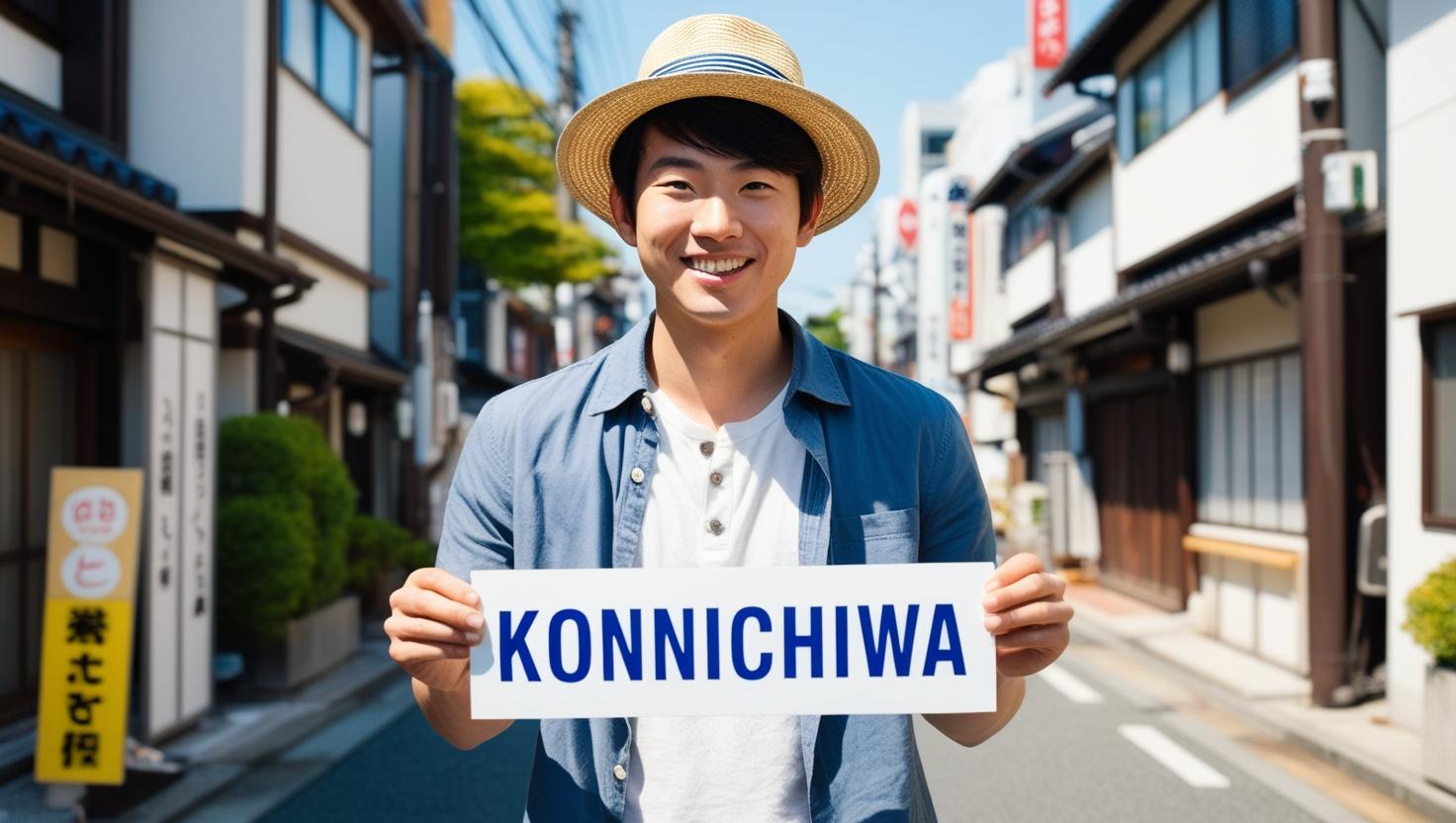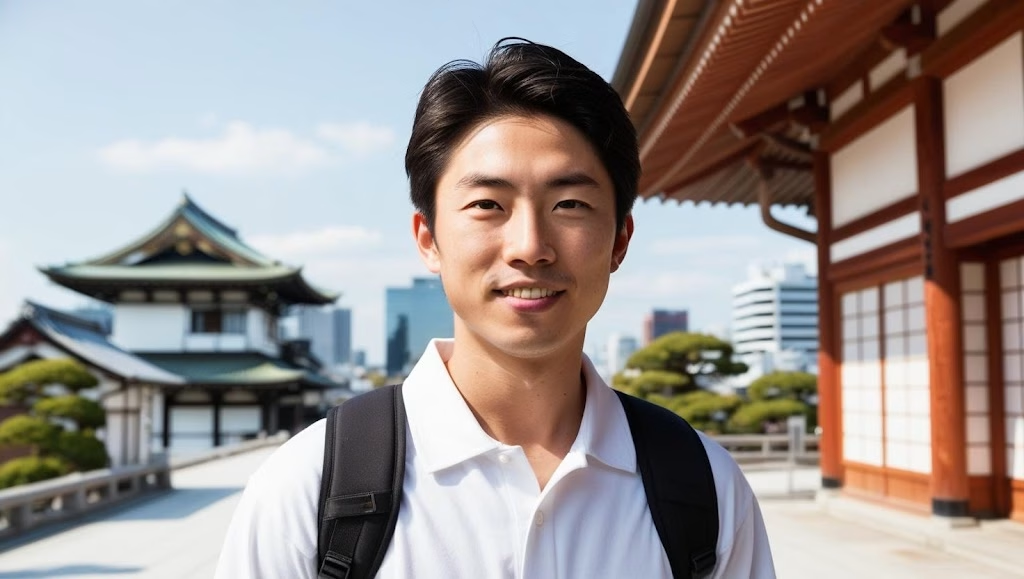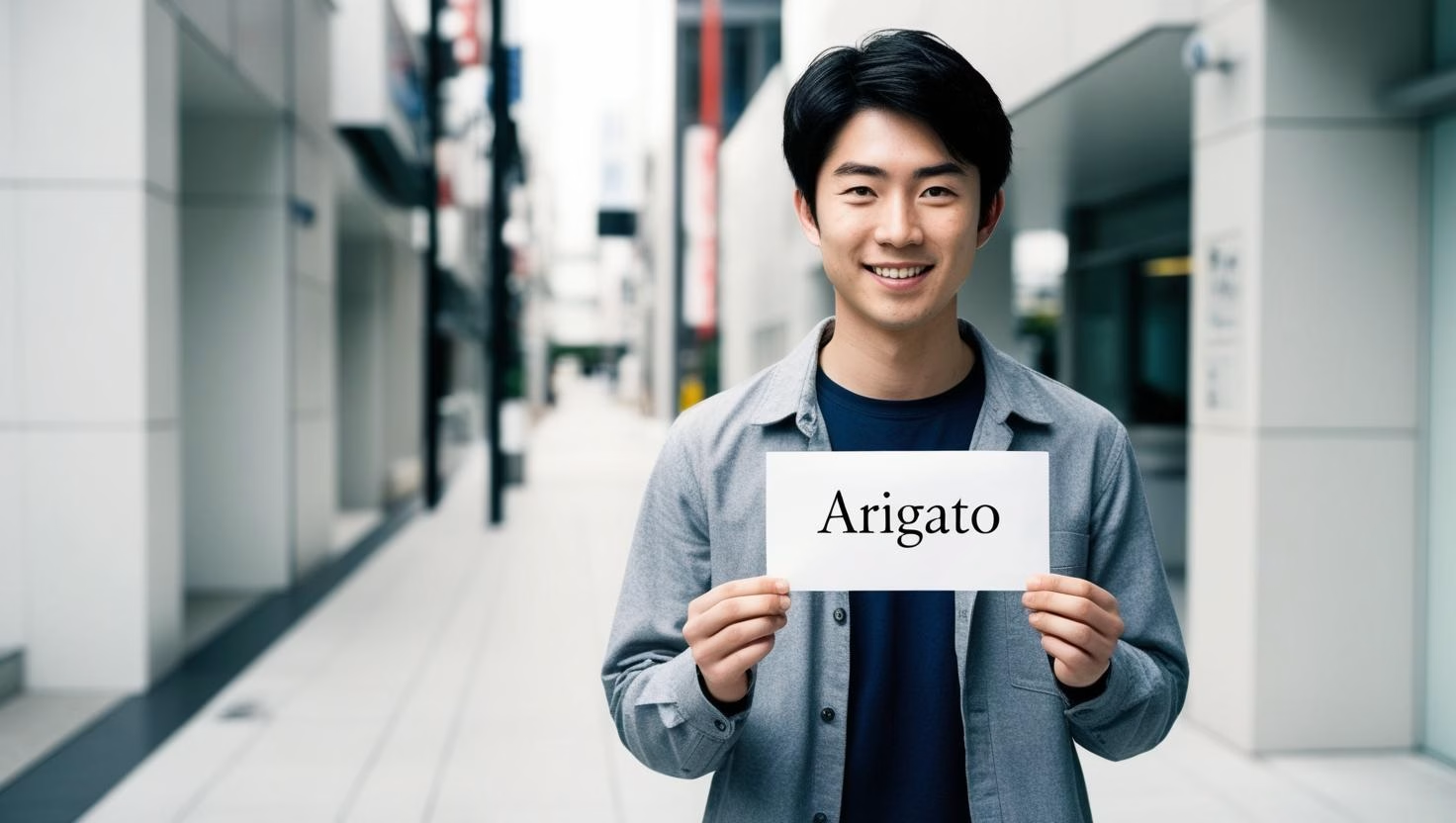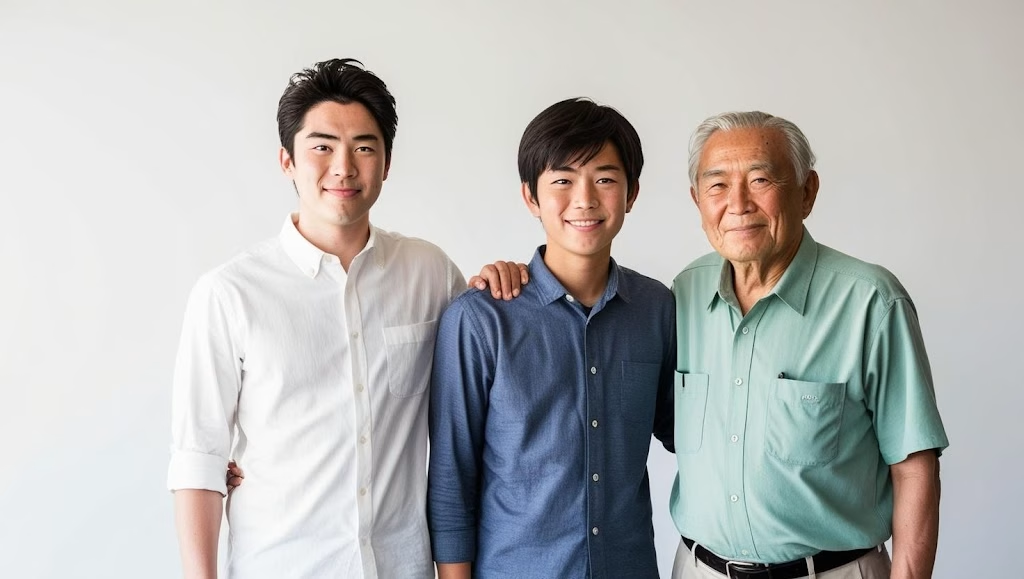Planning a trip to Japan? Even a little bit of Japanese will enrich your experience. Imagine being able to order your own food, ask for directions, or even make small talk with the locals! This guide will help you learn the basic Japanese phrases essential for first-time travelers, along with tips and tricks to make your learning process more effective and enjoyable.
Hiragana and Katakana: The Foundation of Japanese
Before learning basic Japanese phrases, first understand the two basic Japanese alphabets: Hiragana and Katakana. Hiragana is used to write native Japanese words, while Katakana is used to write loan words from foreign languages, including English. Both alphabets consist of 46 characters each. Don't be discouraged! Although it seems like a lot, with consistent practice, you can master it in no time.
Learning Resources: There are many apps and websites that can help you learn Hiragana and Katakana, such as Duolingo. Try searching for video tutorials on YouTube as well, as seeing the characters written will help you memorize them faster. Make your own flashcards to reinforce your memorization. Don't rush, focus on understanding and writing them correctly.

Greetings and Introductions
Greetings and introductions are one of the basic expressions of Japanese. The right greeting will make a good first impression. Here are some basic greetings and introductions:
Konnichiwa (こんにちは): Good afternoon (used from morning to evening). This is the most common and versatile greeting.
Ohayou gozaimasu (おはようございます): Good morning (used until noon).
Konbanwa (こんばんは): Good evening (used after sunset).
Sumimasen (すみません): Excuse me (used to ask for attention or apologize). This is very important and is used frequently.
Arigatou gozaimasu (ありがとうございます): Thank you (formal expression). Use this to show sincere gratitude.
Arigatou (ありがとう): Thank you (informal expression). Can be used for friends or younger people.
Hajimemashite (はじめまして): Greetings/introduction. Used to start an introduction with a new person.
Watashi wa… desu (私は…です): I am… (formal usage). Replace the dots with your name. Example: Watashi wa Budi desu (I am Budi).
…san (…さん): Add this at the end of someone’s name to show respect. Example: Budi-san.
Expressions in Public Places
Knowing basic Japanese phrases to navigate in public places is crucial. Here are some essential basic Japanese phrases:
Shitsurei shimasu (失礼します): Excuse me (used when passing someone or interrupting them).
Sumimasen, … (すみません…): Excuse me, … (used to start a question or ask for help). Example: Sumimasen, toilet doko desu ka? (Excuse me, where is the toilet?).
… wa doko desu ka? (…はどこですか?): Where is …? Replace the dots with the place you want to search for. Example: Eki wa doko desu ka? (Where is the train station?).
Gomennasai (ごめんなさい): Sorry (informal expression).
Douzo (どうぞ): Please (used when offering something or allowing someone to enter).
Restaurant Expressions
Restaurant expressions are one of the basic Japanese expressions. Ordering food with confidence will make your dining experience more enjoyable. Learn these basic Japanese expressions:
Kore o kudasai (これください): I want this (point to the food you want to order).
Sumimasen, o-mizu kudasai (すみません、お水ください): Excuse me, can I have some water please?
Oishii desu (おいしいです) : It's delicious!
Itadakimasu (いただきます): Enjoy your meal (used before starting to eat)
Gochisousama deshita (ごちそうさまでした): Thank you for the food (used after finishing eating).
Shopping Expressions
Shopping expressions are one of the basic Japanese expressions. Shopping in Japan can be an interesting experience. Here are some basic Japanese expressions that are useful:
Ikura desu ka? (いくらですか?): How much is it?
… en (…円): … yen (Japanese currency).
Effective Learning Tips
Consistency is key: Spend a little time each day studying, rather than studying for hours once a week.
Use various methods: Combine learning from books, apps, videos, and interacting with native speakers whenever possible.
Write and speak: Don't just read, write and say the phrases over and over again.
Find a study buddy: Studying with friends will make the learning process more fun and motivating.
Don't be afraid to be wrong: Mistakes are part of the learning process. Don't be afraid to try speaking Japanese, even if you're a beginner.
Take advantage of online resources: There are many websites and apps that provide free Japanese learning materials, such as Tae Kim's Guide to Learning Japanese.
Watch Japanese dramas or movies: With Indonesian subtitles, you can listen to the pronunciation and learn new vocabulary naturally.
Conclusion
Learning basic Japanese phrases is not as hard as it seems. With dedication, consistency, and the right learning method, you will be able to communicate in a basic way during your trip to Japan. Don't be afraid to start, even a little Japanese language skill will greatly enhance your travel experience and create unforgettable memories. Happy learning and happy holidays!

















